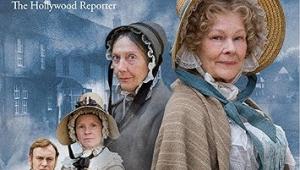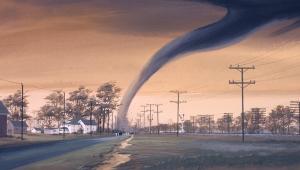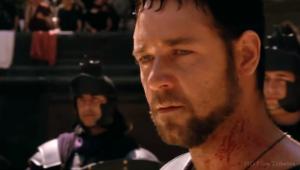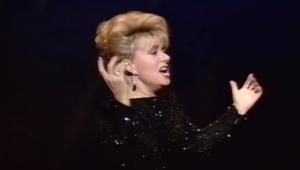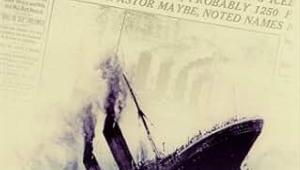Churchill on Disc
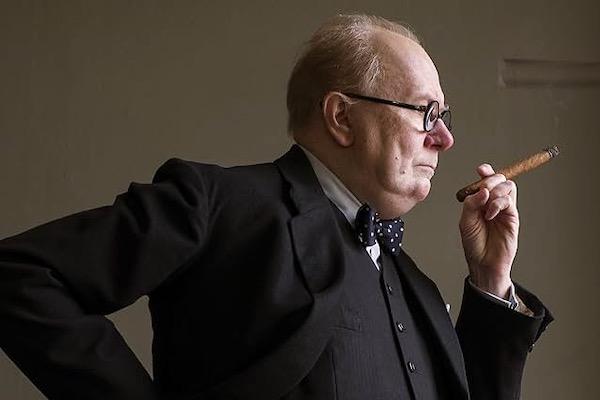
Hundreds of books, documentaries, and movies have been written or produced about World War II. Most of them cover the battles, but equally important are stories about the leaders who planned and coordinated it all, from their detailed war plans and strategies to keeping it all together. That includes not just generals and admiral such as Eisenhower, Montgomery, MacArthur, Patten, Halsey, and Nimitz, but the non-uniformed leaders at the top, such as U.S. president Franklin D. Roosevelt and British Prime Minister Winston Churchill. History is not inevitable, and swap out any of these men at the top and the outcome could well have been totally different.
Of these men, none perhaps have had more written about them (or have written it themselves!) than Winston Spenser Churchill. The same can be said, though to a lesser degree, about films depicting these leaders during their pre-war and war years. Three such films featuring Churchill, The Gathering Storm (2002), Into the Storm (2008) and Darkest Hour (2017) are available on video disc, and at least two of them are indispensable for anyone interested in history and/or great drama. Five years ago I mentioned the first two of these films in another blog (both of them are TV films co-produced by the BBC and HBO), but there's always something new that needs to be said for new readers who haven't dug that deeply into the Sound & Vision archives.
I assume here that there's more to your home theater viewing than simply action adventure, super-heros, and science-fiction. There's little in these three titles that fall into those categories, though Darkest Hour offers more than its share of tension and suspense as the story unfolds, even though we know the ultimate outcome.
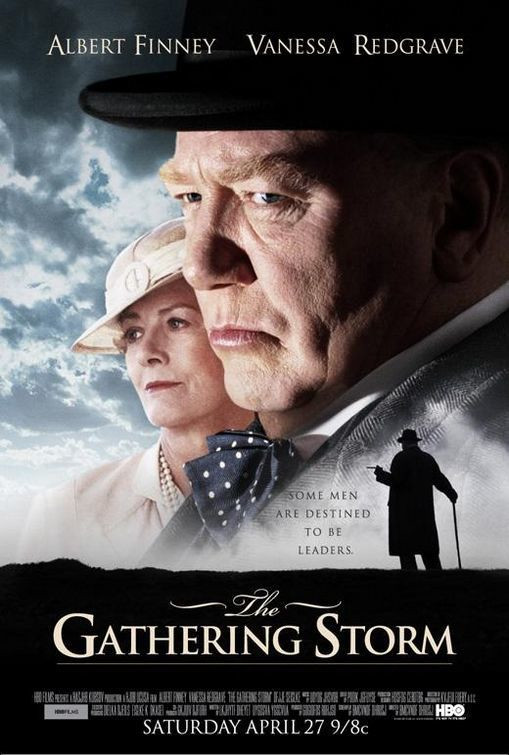
If you're intrigued about this you should begin with The Gathering Storm, which begins in the mid 1930s shortly after Adolph Hitler became Chancellor of Germany. The British Parliament was obsessed with avoiding the expenses needed to prepare for a possible war and ignores the warning signs. But Churchill is deeply concerned. He acquires a contact in one of Britain's most secret government gencies, who alerts him that Germany is rapidly rearming. It does seem odd that in the film other key members of Parliament don't seem to have access to such vital information. Perhaps they did but chose to ignore or disbelieve it. Churchill is, at first, not only ignored but ridiculed for his preposterous idea that Germany was becoming a serious threat to Great Britain and its then vast empire. But Parliament at the time had valid reasons for dismissing Churchill's warnings. He had lost much of his credibility and influence over the previous 25 years (Google Churchill and Gallipoli).
The Gathering Storm offers superb performances. Albert Finney is totally believable as Churchill, as is Vanessa Redgrave as his long-suffering wife, Clemmie. You accept both of them immediately. But there are other members of the all-British cast, in smaller roles, whom you may not immediately recognize. Derek Jacobi plays the 1935-1937 British Prime Minister Stanley Baldwin. Jacobi is best known in the U.S. for the title role in the 1970's mini-series I Claudius, and in a smaller role as a Roman Senator in Gladiator. Lena Headey has a small but important part as the wife of the government leaker who feeds Churchill the secret files on Nazi Germany. Headey played Cersci Lannister in Game of Thrones, but is almost unrecognizable here. Hugh Bonneville (Downton Abbey's Robert Crawley), has a role as an unsavory Member of Parliament who has no patience for Churchill and later visits Headey's character to threaten her husband's status in the government, and by extension the health of their mentally disabled son.
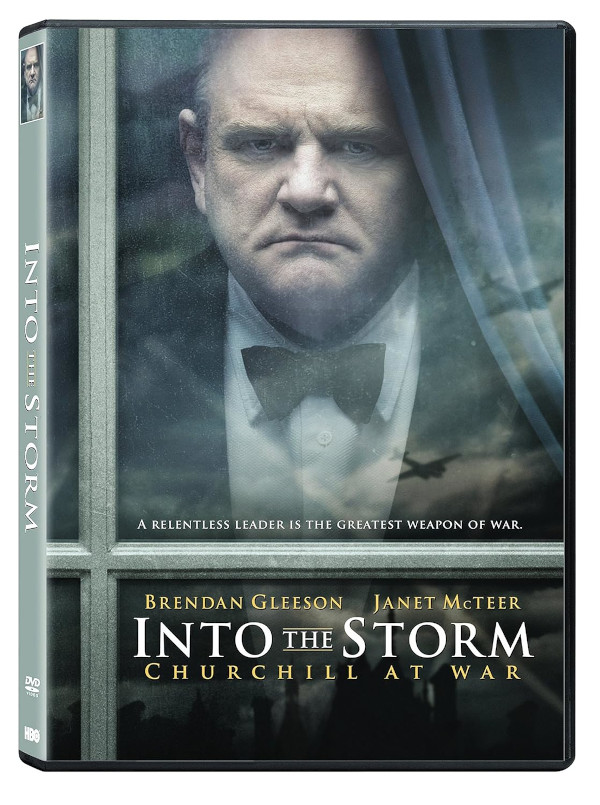
As a follow-up to The Gathering Storm, Into the Storm works reasonably well but attempts to cram in too much for its TV-film running time. This includes excursions into Churchill's travels to meet with Roosevelt in Washington and Stalin in Moscow. There's good stuff here, including intermittent flash-forwards to the British elections just after the war in which Churchill's Conservative Party lost to the opposition Laborites in a nearly bankrupt Britain. On the upside, the acting is superb throughout, though the completely new cast, while hard to criticize, can't quite match the performances in The Gathering Storm.
The star of the trio here, however, is the 2017 theatrical release Darkest Hour. It neatly melds with The Gathering Storm to continue the historic flow with only a subtle mental adjustment required of the viewer. Gary Oldman is only a hair less convincing as Churchill than Albert Finney, largely because he's a bit less physically imposing and his voice is slightly lighter. But I only noticed those differences when comparing the two performances side-by-side. Viewed separately, Oldman's performance soon grabbed me and wouldn't let go. It's no surprise he won an Oscar for it. It would have been criminal had he not.
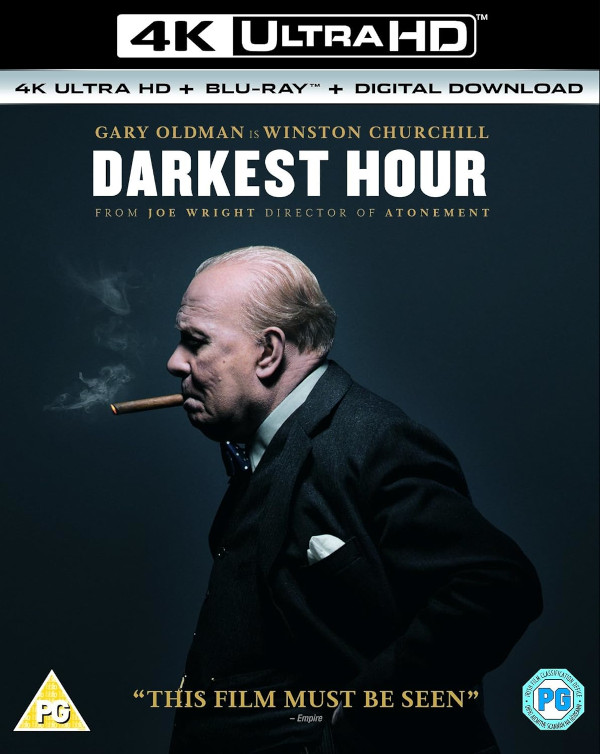
Darkest Hour shouldn't be missed even if you don't watch Into the Storm . Oldman's performance also carries the other cast members along with it. Are there aspects of the plot that might be inaccurate? Sure. Two possibilities come to mind. Churchill wasn't likely inspired to resist Germany's "diplomatic" offer (which in essence would have meant Britain's surrender) by visiting ordinary citizens in the London "Underground." And did King George actually visit Churchill at the latter's home to cheer Churchill up at a particularly grim moment when all seemed lost, inspiring him to "Keep on Carrying On"?
Both The Gathering Storm and Into the Storm can be streamed or purchased cheaply on middling quality DVDs (and only Into the Storm has multi-channel surround). But the theatrically released Darkest Hour offers a superb Blu-ray transfer with unimpeachable video and audio. (Darkest Hour also includes Dolby Atmos, though the Dolby True HD I experienced was more than satisfying). Darkest Hour's limited extras include an audio commentary track, and a 4K release also available (my comments here refer to the 2K version).
I had first watched Darkest Hour a few years ago on its initial release, so the night before finishing this tome I popped it into my disc player at around 10:30 p.m., planning to view it for an hour or so to refresh my memory. But it proved impossible stop, and I watched it all the way through to its inspiring and emotion-draining conclusion at 1:30 a.m.!
